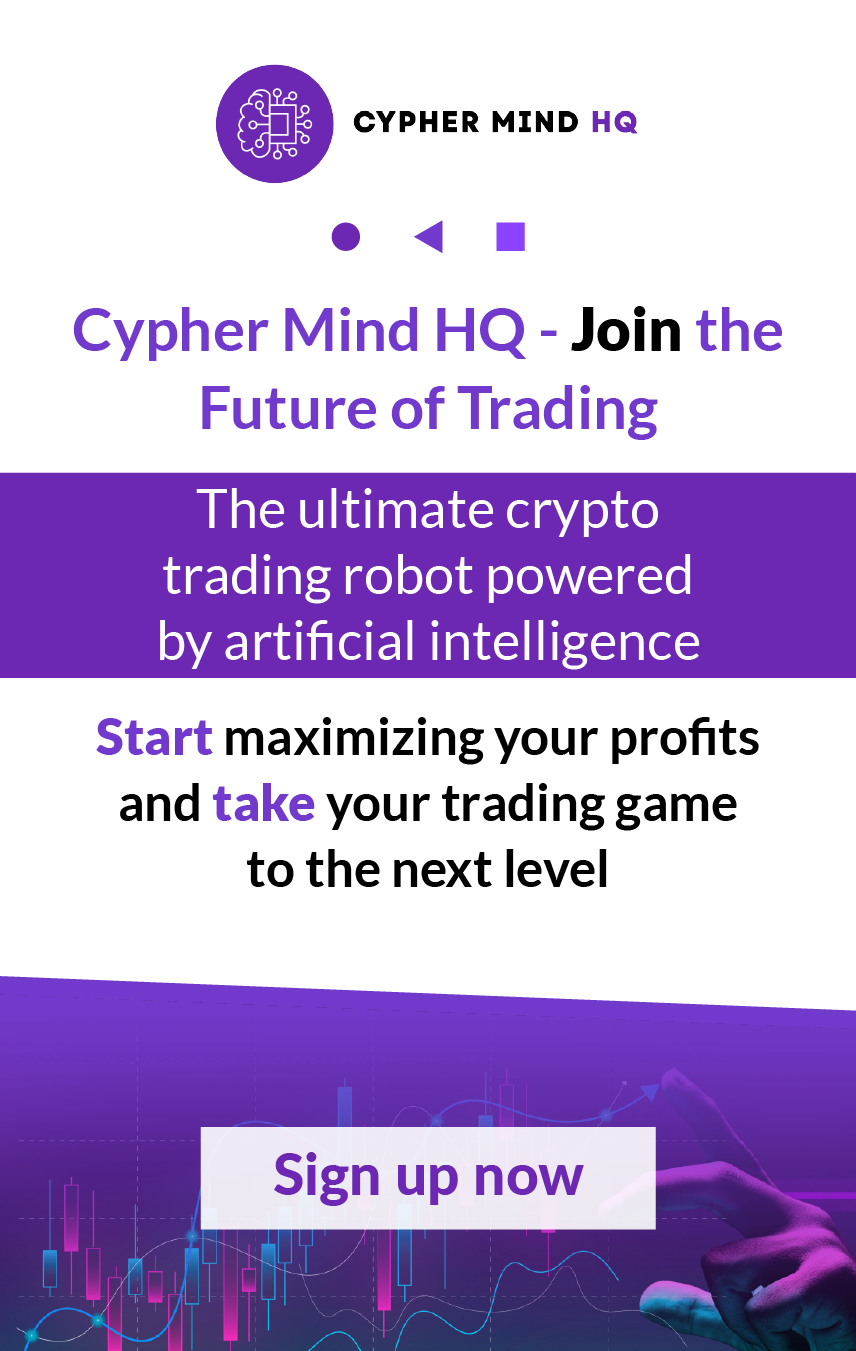The growth of blockchain technology has been significant, with its integration into various industries, including finance, healthcare, and others. As we enter 2023, there is a growing demand for advanced blockchain networks. Individuals, blockchain development firms, businesses needing blockchain software, and technology enthusiasts must stay updated on the latest advancements and critical players in the field. This will allow them to keep pace with the cutting-edge technologies shaping the future.
This article aims to explore the ten blockchain networks and service providers that have significantly impacted the industry in 2023.
The Ethereum Blockchain Changes How Smart Contracts Work and How Large They Can Be
Ethereum 2.0 is at the forefront of advancements in blockchain development. The platform’s significant shift towards Proof-of-Stake (PoS) and the implementation of shard chains have the potential to enhance the functionality of smart contracts and improve scalability significantly.
This upgrade offers improved efficiency and tackles environmental concerns by decreasing energy usage. The Ethereum ecosystem consists of a wide range of protocols, totaling 1046, which present numerous possibilities for blockchain application development companies to create decentralized (DApps), which are both more efficient and environmentally friendly.
Tron Is a Public Blockchain With a Lot of Users
Tron, a public blockchain that seeks to serve as the fundamental framework for a decentralized internet, garners significant attention. The TRX platform employs a Delegated Proof-of-Stake (DPoS) mechanism for efficient processing. It involves 27 Super Representatives who validate blocks and transactions every 6 hours, resulting in a high throughput.
Tron provides a favorable ecosystem for blockchain development service providers by offering support for smart contracts in Solidity and native tokens (TRC-10). Including 47 protocols, Tron enhances its capabilities and becomes an attractive developer platform.
Binance Smart Chain: Bridging the Gap Between Decentralized Finance and Non-financial Transactions
Binance Smart Chain (BSC) has established itself as a significant contender in the blockchain industry, providing distinctive and tailored solutions for software development on the blockchain. With its competitive transaction fees and seamless integration with Ethereum tools, BSC has emerged as a highly appealing option for developing blockchain applications.
The decentralized finance (DeFi) and non-fungible token (NFT) sectors are gaining popularity due to their vital ecosystems. Currently, 695 protocols demonstrate the versatility of these sectors.
Arbitrum: Making the Most of Ethereum’s Bandwidth
The Arbitrum blockchain ranks fifth on the list. Arbitrum has gained significant popularity as a Layer 2 (L2) solution for Ethereum, specifically designed to tackle the issue of limited bandwidth. Arbitrum improves the effectiveness of the digital currencies network by delegating tasks to side chains. With a Total Value Locked (TVL) amounting to $2.37 billion and a presence in 529 protocols, this entity remains prominent in the blockchain development industry.
Solana Is a Performance-Driven Network for Programmers
Solana’s impressive transaction speeds and cost-effectiveness have positioned it as a prominent choice for providers of blockchain development solutions. Solana is a blockchain platform that offers strong support for smart contracts and decentralized finance (DeFi) projects. It is known for its high-performance capabilities and versatility in serving various purposes.
The versatility and appeal of this product are underscored by its impressive array of 133 protocols. In December 2023, Solana experienced a significant increase of 134% in its Total Value Locked (TVL). The primary driving force behind this phenomenon is the substantial increase in the returns of SOL over the past two months.
Avalanche Is a Blockchain That May Be Customized
Avalanche provides developers with enhanced flexibility to build customizable blockchain networks to meet specific requirements. This feature positions it as a preferred option for companies specializing in blockchain app development. The compatibility of subnets with Ethereum assets adds to its attractiveness, as evidenced by a Total Value Locked (TVL) of $1.4 billion and 370 protocols, indicating its increasing impact.
Polygon: Meeting the Needs of Both Scalability and Interoperability
Polygon is ranked seventh among blockchain networks based on its Total Value Locked (TVL). Polygon, previously referred to as the MATIC network, functions as a solution for enhancing the scalability of different blockchains. It achieves this by combining the qualities of adaptability and scalability while maintaining the security and interoperability of the Ethereum network. Polygon, with a Total Value Locked (TVL) of $1.1 billion and 519 protocols, remains a significant contributor to shaping the blockchain industry.
Optimism: Transactions on Ethereum that are Quick, Stable, and Scalable
Optimism, established in 2019, is an L2 blockchain developed by Ethereum developers. It offers efficient and reliable solutions for Ethereum applications, ensuring rapid transaction processing, stability, scalability, and enhanced security. Optimism significantly contributes to the optimization of Ethereum transactions, boasting a Total Value Locked (TVL) of $912.6 million and supporting 226 protocols.
Cronos: An Ethereum Environment With High Performance and Low Cost
The Cronos Blockchain has emerged as a cutting-edge platform that shows great promise. It provides a high-performance, cost-effective environment for creating and launching decentralized applications (dApps) within the Ethereum ecosystem. With a Total Value Locked (TVL) of $379.86 million and 106 protocols, Cronos has emerged as a significant contender in the blockchain industry.
Cardano: Long-Term Use and Compatibility
Cardano differentiates itself through its strong focus on sustainability and interoperability, making it a standout blockchain platform that prioritizes security. With a Total Value Locked (TVL) of $376.5 million and 43 protocols, Cardano presents distinctive attributes that make it an attractive option for developing customized blockchain software. Recently, it has achieved the 10th position by demonstrating a noteworthy 60% increase in its Total Value Locked (TVL) during December. The blockchain has shown strong performance this month, ranking second only to Solana.
Conclusion
In the ever-evolving realm of blockchain technology, prominent blockchains are anticipated to influence the industry’s future in 2023 significantly. For blockchain development companies needing customized solutions and businesses looking to leverage blockchain technology, it is crucial to stay updated on the prominent entities in the ever-changing blockchain industry.


